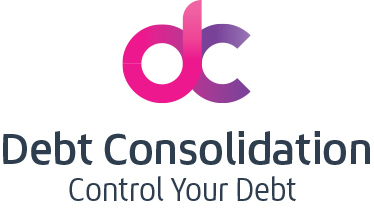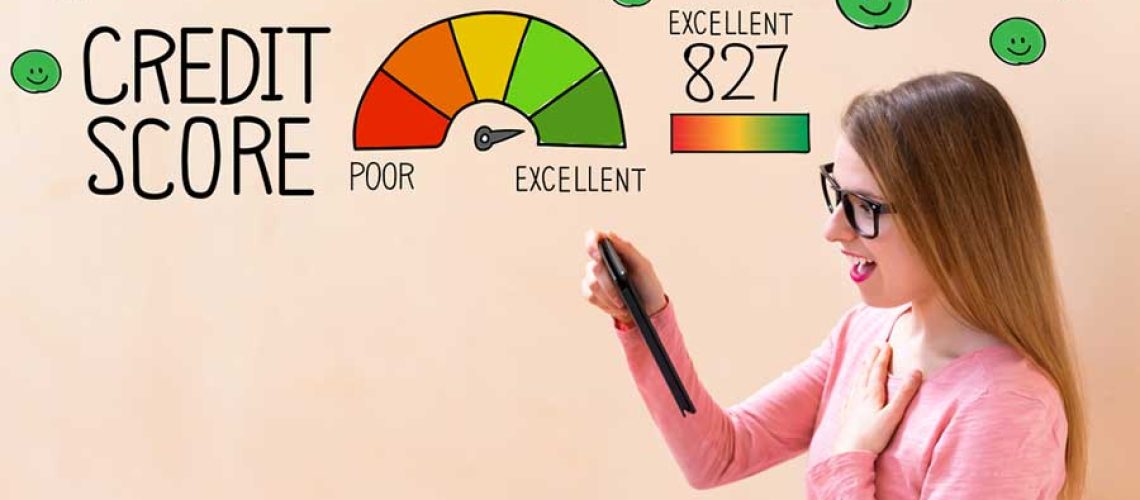Debt consolidation loans make it easier to manage your debts, gathering them all into one. One interest rate + One repayment plan = Less stress.
But does debt consolidation affect your credit score?
It is true that taking out a Debt Consolidation loan can negatively affect your credit score in the short-term. This is because it requires a hard inquiry on your credit file. However, if you manage to keep up with your debts, then, in the long run, Debt Consolidation can have a really positive impact on your credit score!
Reserve Bank of Australia data shows personal loans climbed more than 12 per cent last year to $167 billion. Borrowers are being urged to examine their options.
After a holiday period full of over-spending, people are often shocked when they are struck with unplanned expenses. School fee’s, vehicle breakdown, illness, the list goes on. Here is where debt consolidation can help.
Many people take out loan after loan, placing themselves deeper into debt with the logic being that more money = fewer problems. It can instead be more beneficial to consolidate all of your current debts into one and start repaying it piece by piece.
You can even save money by doing this since all your debts can be consolidated under a lower interest rate! (See next week’s blog).

So how does Debt Consolidation affect your credit score?
As mentioned above- a Debt Consolidation loan does add one more loan to your credit file. This resultantly counts as another inquiry, however, it also removes older loans and marks them as paid in full.
Keep up with your repayments and you’ll be on a clear path to boosting your rating. However, if you do start to miss payments / make late repayments then your credit score will decline.
Something else to consider is Credit Utilization. This accounts for 30% of your credit score. It works like this:
If you have a $1,000 balance on a credit card which has a credit limit of $2,000 then your credit utilisation is 50%. Keep it below 30% and you could be in with a chance of improving your credit rating.
If you decide to place your debt into a Debt Consolidation loan and manage to keep the balances low, then your credit score can be boosted through the low utilization.
Something to consider
Debt Consolidation is typically used by people who have mounting debt and want to reduce the number of lenders they have to pay each month. Get a Debt Consolidation loan before this mounting debt becomes unmanageable and negatively affects your credit score.
For people with a “poor” credit score, it may be difficult to get approved for a new loan to use for consolidation. People with “fair” to “exceptional” credit scores will have an easier time getting approved for a new loan. Additionally, you will be eligible for a lower interest rate.
Knowing your credit score before you apply for debt consolidation loans will help you choose the right loan and avoid incurring multiple hard inquiries in a short period of time.
Speak to us today and see if Debt Consolidation is the right option for you.

